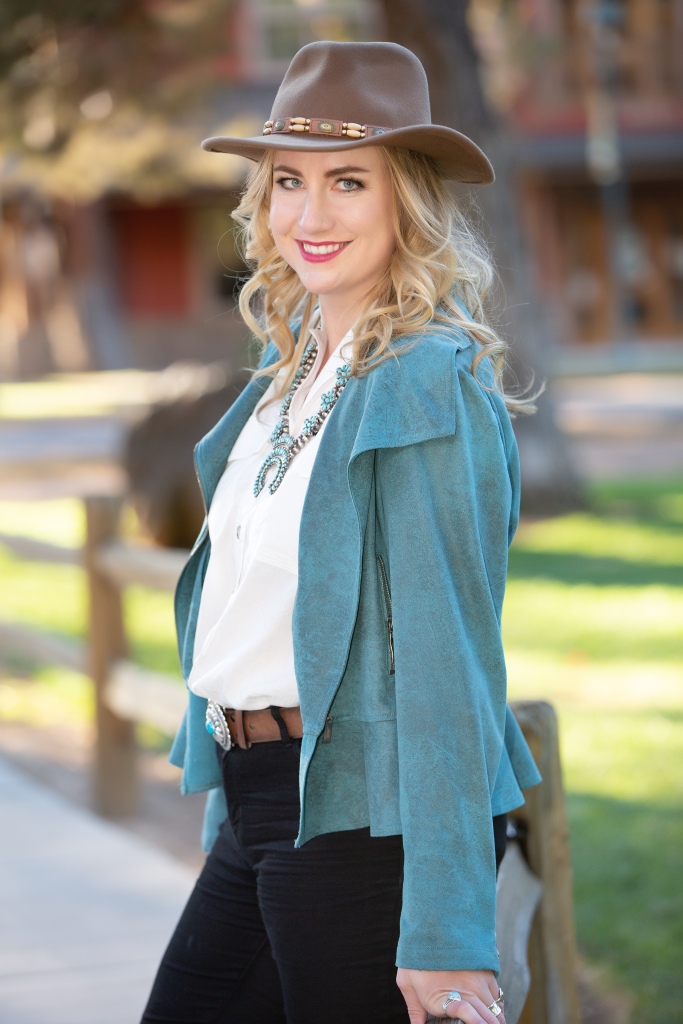Fresh off the tracks of academia in my early 20’s, my early motivations seeking a career in mental health were fueled by a rookie desire to bring concrete solutions to those facing struggle. An even deeper desire, below my professional angst, was to better understand and maybe fix the struggle witnessed in my own family. I immersed myself in best practices, learned the pharmaceutical-based algorithms, and gathered the tools. I wanted to feel equipped…prepared…ready to have answers.
A bit more seasoned after nearly 15 years in the field of human emotion and having encountered an early run-in with burnout, I have come to understand that I will not always have an answer, that concrete solutions can be far more elusive, to listen more and to talk less, and to appreciate beauty alongside struggle. Sometimes the best solution is to kick away my preconceived pedestal, set aside expectations, and simply be with, acknowledge, and provide space for suffering. The time pressures, outcome-based reimbursement, and our stubborn quick-fix mentality in mainstream medicine can sometimes interfere, but when our practice revolves around the vastness of human emotion, we better learn to get cozy with discomfort, mystery, and uncertainty. From the humility of “not knowing “we are forced to simply be with and accept what is.

We honor a person’s dignity by allowing space for their discomfort. Our sense of predictability and control can feel threatened when encountering difficult emotions that don’t come with a roadmap. We may have an intention to help, but in our quest to “fix” another’s emotional struggle, we can rush an important emotional experience. We may also tend to limit or suppress our own emotional spectrum. Sometimes people (including ourselves) need to metaphorically cocoon before transformation takes place.
“This ‘doing nothing’ is not a cold, passive resignation, but is an alive, sacred activity, infused with the light of awareness and a wild, relentless sort of compassion. To do nothing in this way is a radical act of kindness and love, filled with qualities of earth and warmth, and a holy gift that you can offer yourself and others.”
-Matt Licata
Sometimes we offer unsolicited advice. This can imply that our process of “coping” is somehow superior. For those intimately familiar with the caregiver role, we can even judge our own worth on the emotional outcome of another person. This can create unhealthy resentment and codependency. Repeated attempts to “fix” others can also be a convenient distraction from tending to our own needs and hardships.
Sometimes we can find ourselves hijacking another person’s emotional experience by too rapidly shifting the focus to a hardship we faced perhaps trying to communicate a shared sense of understanding and yet, this can also feel dismissive.
Sometimes when we have significant discomfort with emotional vulnerability, we can diminish and shame another’s emotions. We might tell them to “move on”; “get over it”; “suck it up”. This erodes emotional trust and reinforces emotional suppression.
It’s important to remember that powerlessness and helplessness are not synonymous. We may be powerless to change the outcome of another’s struggle, but we can be intentional in our ability to stay present, open, and available. That is not helpless.
Whenever we respond to another, it allows us to look in the mirror at our own biases and insecurities. If we feel discomfort in witnessing the struggle of another, it may be a rich opportunity to embrace self-reflection rather than resort to judgement.
So what can we do?…

- Validate another person’s pain. “This must be so hard for you.”
- Provide physical presence. Hold a hand, offer a hug, sit by.
- Ask questions. “How are you feeling today?” Stay curious about their emotional experience without placing judgment.
- Create space for pain. “It’s OK to cry”; “I am happy to just sit with you”; “I am happy to listen to anything you want to share”.
- Offer specific support. Offer to bring a meal, tidy up the house, go grocery shopping, watch the children.
- Practice boundaries and self-compassion with our time and energy.
- Explore our own discomfort with emotional vulnerability.
Thanks for listening everyone.
With gratitude,

Audry Van Houweling, Owner, She Soars Psychiatry, LLC
Sisters & Silverton, Oregon